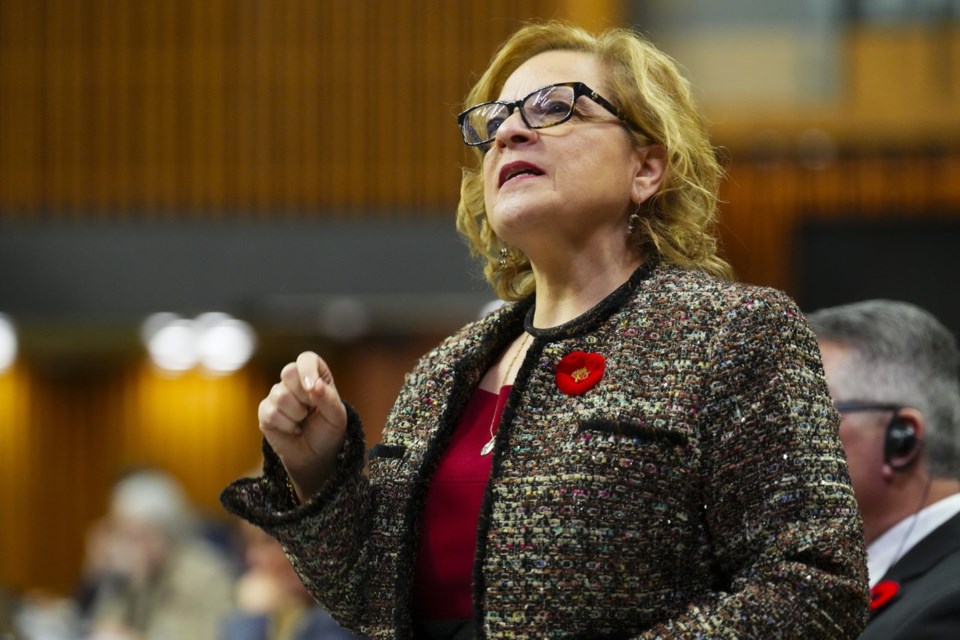The federal government has extended its pause on new applications to the Private Sponsorship of Refugees (PSR) Program for another year, pushing the reopening date to December 31, 2026, as Immigration, Refugees and Citizenship Canada (IRCC) continues working through a massive backlog.
Immigration Minister Lena Metlege Diab issued new ministerial instructions published Friday in the Canada Gazette, confirming that the suspension—originally set to expire at the end of 2025—will now remain in effect throughout 2026.
What the Pause Means
The freeze applies to sponsorship applications submitted by:
- Community organizations, and
- Groups of Five private sponsors.
These groups provide financial and settlement support to refugees for up to one year after arrival.
Applications filed before November 29, 2024—when the pause first came into effect—will continue to be processed.
Advocates Call the Extension a Blow to Refugees
The extension has been sharply criticized by refugee advocates.
Gauri Sreenivasan, co-executive director of the Canadian Council for Refugees, called the move a “cruel blow for refugees” and said it denies Canadians the chance to help.
“This decision basically denies Canadians the ability to exercise our own generosity,” she said. “It’s tone-deaf to who we are as a country.”
She added that sponsors were preparing for the program to reopen in 2026 based on previous government assurances, calling the new extension a breach of trust.
A Backlog of 90,000 Applications
When the pause was first announced in 2024, IRCC had approximately 90,000 sponsorship applications awaiting processing.
The latest immigration levels plan indicates Canada will resettle 16,000 privately sponsored refugees per year between 2026 and 2028—down from the previous target of 23,000.
Internal documents obtained through access-to-information show officials had warned the department that the pause may need to remain in place until December 2028 to fully work through the backlog.
Concerns About Planning and Consistency
Advocates say the one-year extension—despite internal projections of delays into 2027 or later—suggests a lack of long-term strategy.
“They have once again indicated that this is a one-year decision,” Sreenivasan said. “It undermines trust and credibility in the system.”
Minister Diab’s office has not yet commented on the extension.

